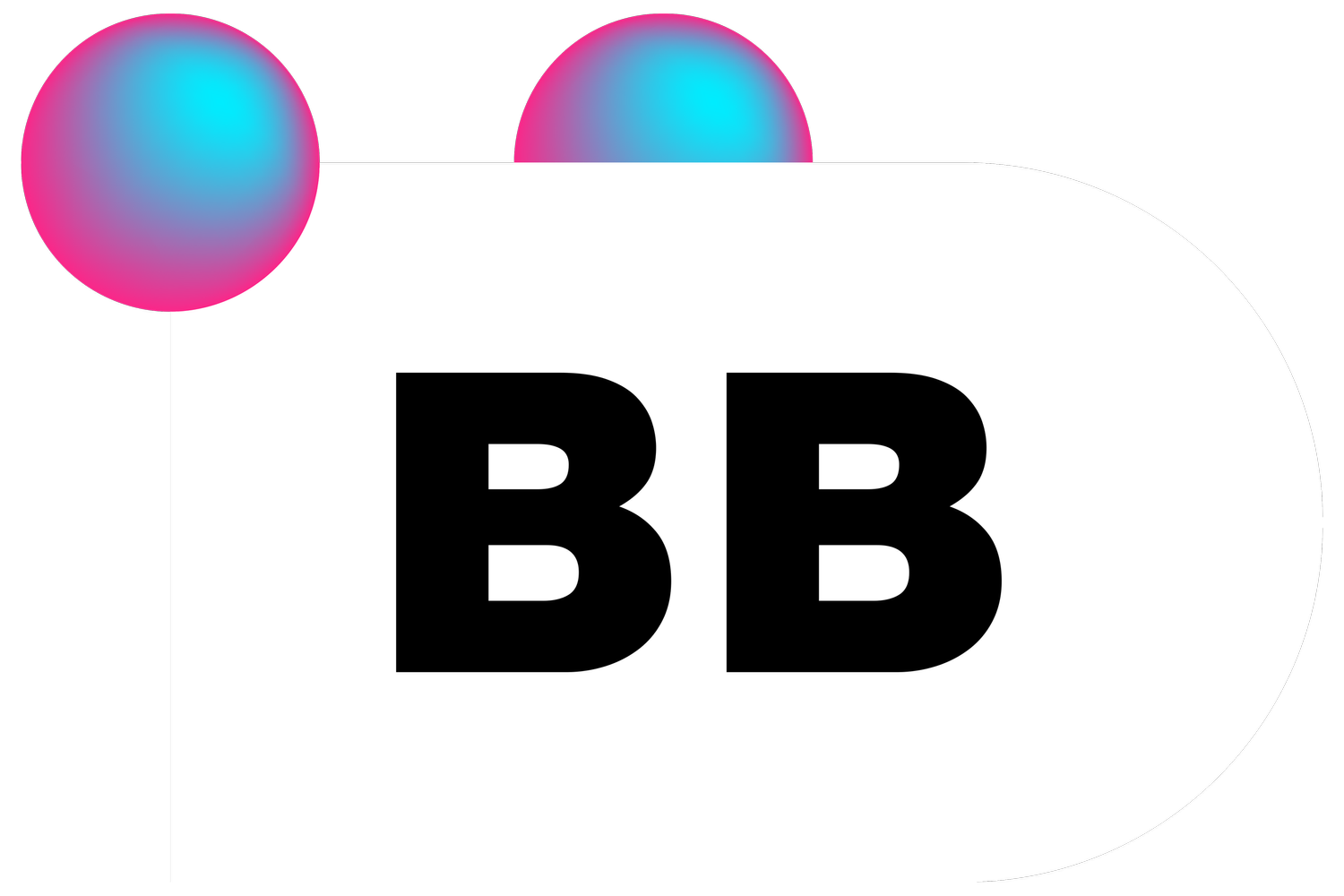You Learn Bit by Bit, or Is it Byte by Byte?
I think one of the hardest things about learning a new skill in an entirely new discipline is the sheer amount of vocabulary you have to master just to begin understanding the concepts. It can feel extremely overwhelming, especially once you start talking with experts in the field. Imposter syndrome takes over, your insecurities are more pronounced than ever, and you feel like this is something you’re never going to master. Ever.
But that’s just not true. It just takes time and consistent exposure to learn these things. A chemist didn’t become a chemist overnight. An oncologist researcher doesn’t just discover the cure for cancer the day they graduate from medical school. Expertise is built up bit by bit, or maybe, since we are talking about computing here, the term should be byte by byte (I’m still not entirely sure what the difference is between the two, but I know that one is smaller than the other and it has to do with computer storage…I think 😂).
A friend of mine sent me an article written by Peter Norvig titled "Teach Yourself Programming in Ten Years." The TLDR is essentially that expertise is born out of decades of struggle and learning, not instantly.
If you go to any bookstore, any online curriculum, or basically any other platform that attempts to teach you a new skill, you’re bombarded by "Teach Yourself C# in 24 Hours!" Or "How to Grow A Business From Scratch And Make $1M In 1 Month!" Or even better, "How To Become YouTube Famous In 1 Week! (It Actually Works)" At best, these books, courses, tutorials are grossly ignorant of the time it takes to build a skill; at worst, they prey on our insecurities and our desire for instant gratification and are scams.
What I find interesting is that we never expect this kind of instant expertise from the student who says when they graduate high school that they want to become a doctor. We already know that it’s going to be at least a 10-year journey to get there. Same with a lawyer. Or a dentist. But for some reason, we don’t have that same mentality for what I like to call New Generation Jobs (jobs that didn’t exist even 30 years ago). But why would they be any different?
I think part of the problem lies in the fact that because technology is so accessible, we are all suffering from a severe case of the Dunning-Kruger Effect. After all, if just anyone can take a picture of themselves and post it on the internet, how hard could it actually be to become Instagram famous? Or that stupid little 2D topdown roguelite game where you’re a potato and you try to kill zombie potatoes by shooting potatoes at them (yes, this is a real game)? How hard could it actually be to be successful? Right now, we live in a day and age where we can literally become anything we want to, and it’s easier than ever. But paradoxically, just as it’s easier than ever, it’s now harder than ever.
I think most of us approach New Gen Jobs at the Peak of “Mount Stupid”. At least I know I did.
This past week, I mostly worked on arrays, loops, and conditionals. Here’s a snippet of one of the programs I wrote. In it, I created a simple array of the numbers 1-10. Then I had my program print and identify and tell me the even and odd numbers. Sounds easy. It is. But what’s cool about this is that it works with any set of numbers that you pass in the array. Cool.
I also learned how to handle cases in which the user inputs something different than what you’re expecting. Showcased in this little video snippet of a True/False quiz, you can see that when the user (in this case, me) doesn’t put in true or false, the code returns a prompt to the user to use the correct format. At the end, the score is printed to the console and you can see how well I did on this very subjective quiz that I definitely didn’t think of myself…
As I’ve gone deeper on this programming learning journey (which I’ve barely scratched the surface. My list of things I need to learn just keeps growing), I guess I’ve just come to respect the craft a little bit more. Becoming an excellent programmer isn’t about memorizing the syntax or using the catchy buzzwords. It’s learning to think like a programmer. It’s learning to think like an engineer. It’s learning to be creative. It’s learning to think outside the box and to view the problem holistically. After all, there is no right way to solve a problem. Just like there’s no right way to climb a mountain, or become an actor, or become YouTube famous.
Just like the athlete or the dentist or the oncologist, expertise is built bit by bit, byte by byte. One tiny little true/false quiz at a time.



